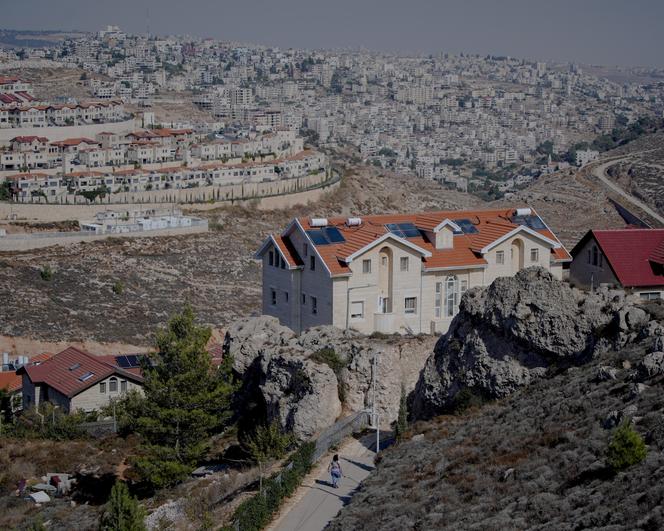


Sovereignty and self-determination: These words resounded on Friday, July 19, in the monumental courtroom of the International Court of Justice (ICJ) in The Hague. In a clear and unambiguous decision, the judges declared Israel's occupation of Palestinian territory "unlawful" and ruled that Israel is "under an obligation to bring to an end its unlawful presence (...) as rapidly as possible." On leaving the hearing, Palestine's ambassador to the UN, Riyad Mansour, hailed the decision as "historic." Palestinian President Mahmoud Abbas was quick to urge "the international community to demand that Israel, as an occupying power, end the occupation and withdraw unconditionally."
The matter was referred to the ICJ by the United Nations General Assembly in December 2022. It was asked to give a judicial opinion on the legality, or otherwise, of the Israeli occupation. If Israel was found to be in breach of the law, the ICJ would rule on the consequences. In February, more than 50 states and organizations came to The Hague to plead their case, but Israel did not. Israel shunned the hearings, leaving it to its staunchest allies, the United States and the United Kingdom, to argue on its behalf. Washington asked the judges to issue a general opinion, calling for the resumption of peace negotiations. Instead, the court's decision plunged it into the heart of the Israeli-Palestinian conflict.
It's Israel's "policies" that make the occupation illegal, explain the judges. In over 80 pages, they demonstrate that Israel is annexing large parts of Palestinian territory, thereby violating "the prohibition of the acquisition of territory by threat or use of force" as well as the Palestinians' right to self-determination. "Nor can Israel's security concerns override the principle of the prohibition of the acquisition of territory by force," read its president, Nawaf Salam, to the court.
The court looked back over 57 years of occupation. The ruling details the occupier's practices, including the installation of Jewish settlers in the West Bank and East Jerusalem (numbering 750,000 today), forced population transfers, evictions, house demolitions, land confiscations, restrictions on movement and the detour of natural resources "to its own population, including settlers." Israel has an obligation "to respect the Palestinian people's right to permanent sovereignty over natural resources," the judges added.
The settlements in the West Bank and East Jerusalem "are being maintained in violation of international law." The decision is more severe and clear-cut than that on the separation wall, handed down in 2004. The court's opinion was that this structure, built by Israel during the second Intifada inside the West Bank, was contrary to international law and had to be dismantled.
You have 62.74% of this article left to read. The rest is for subscribers only.
